Dogs are awesome working animals for homesteads because they’re so versatile. Regardless of what kind of dog you’ve decided to use, you need to choose carefully if you want to have top-quality animals that will perform the way that you need them to.
We’ve discussed the reasons that a dog would be a good idea in survival and post-SHTF situations in this article. But let’s move further and see how to choose your survival dogs and how to start and build your own kennel.
Know what You’re Getting Into
Breeding dogs is not an endeavor that you should take lightly, even if you are doing it for the right reasons. It’s a lot of work to breed dogs, raise puppies and find good homes for them. There is a lot of money involved and if you want a shot at even breaking even, you’re going to have to raise the cream of the crop.
You’re going to have vet bills for the dam and vet bills for the puppies because they need to have physicals, get shots and be wormed several times before you can sell them to other people.
You also have to consider feed, bedding and kennel space. Dogs need comfortable, roomy places to give birth and nurse their puppies. Puppies need socialized immediately so that they’re accustomed to people. The list goes on.
Talk to top-notch breeders and do your research before you even dive in. It’s not a decision to make lightly.
Decide what Type of Dogs You Want to Breed
What kind of dogs will you need personally?
There’s no better advertising than being able to show your own dogs in action, and if you’re breeding dogs for survival, they should be functional. Take into consideration that if SHTF, you’re likely going to be selling your puppies locally so research what types of farms and terrain you have around you to help you determine what type of dogs locals would most likely be interested in.
Research what the hardiest and most useful dogs will be for both yourself and your local customer base. Even if disaster never strikes, people will still want to see your puppies and your operation if they’re serious about buying a dog from you. Those are the types of people that you want to sell your puppies too, anyway.
Beware of Puppy Mills
Dogs are big business. Pet stores sell them for hundreds, and even thousands, of dollars and they pay breeders good money for a steady supply. This means that many unscrupulous people have gone into the business of breeding puppies exclusively for profit. That means that the faster they breed them and the more litters they get, the more money that they make.
While all of these puppies are typically eligible for registration with the American Kennel Club, there’s no guarantee of quality. Puppies may be bred back to their immediate cousins and still be eligible for registry, or breeders may inbreed the dogs even from dam to pup or sire to pup and then lie on the registration papers. As we all know, inbreeding can cause all types of physical and mental flaws.
These types of breeders are called “puppy mills” because their sole goal is to turn out puppies as quickly as possible with no regard to bloodlines or quality. Dogs are often kept in miserable conditions and stuffed into cages that are barely big enough for them to stand, then the cages are stacked one atop another.
Puppies aren’t socialized or played with, simply fed and wormed then shipped off, their parents left behind to suffer through the miserable conditions and the results of overbreeding. This, of course, isn’t the case with ALL breeders who provide puppies to pet stores, but since those people exist, a pet store is no place to go to choose a quality survival or working dog.
Find Breed-specific Organizations

For example, if you’re looking for a German Shepherd, there’s the German Shephard Dog Club of America, or GSDCA. There are also state branches of the clubs if you want to stay within a certain region to choose your dog from.
Just type “[breed] clubs” into your search engine and you’ll find what you’re looking for. Look for .orgs.
These clubs offer everything from lists of reputable breeders to where to rescue dogs. You can even find training tips and honest information about the breed on these sites. They’re a great place to start looking for your dogs.
By the way, rescue dogs can make great additions to your family and your homestead; we wrote an article about it here.
Check Out Different Breeders
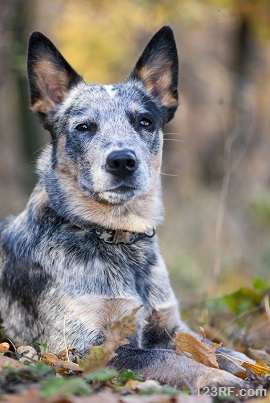
Ask when their next litter will be ready and if the dam and sire are both on the premises so that you may view them both and interact with them.
Temperament of a dog’s parents is a good indicator of the temperament of the pup, though how they are raised plays a big role in that as well.
Talk to the breeder about what their dogs are bred for. For instance, many Australian Cattle Dogs excel in the agility arena and, though they are inherently bred to be working dogs, that’s not what that particular line excels at. Agility is great, but in this instance, you want a working dog. Good breeders will be upfront about that.
Go Visit the Operation
Narrow down your list of possibilities to just a few breeders, then go visit the place. There’s no replacement for first-hand experience and in this case, you want to meet the breeders, see how the puppy has been raised and see the parents and other dogs on the property.
If possible, play with the puppies and pick the one that seems to “pick” you. An old farmer’s trick to finding a good, trainable dog is to turn the dog over on it’s back, gently of course, and see if he fights you. If he’s pretty passive about it, then it’s more likely that the dog will accept you as alpha and be easier to train. I don’t know how much stock you can put in that but it’s a trick that I’ve always used and so far I’ve found good dogs.
If the breeder offers different lines that are compatible with what you need, you may be able to get both your male and female puppies from the same person, if your intention is to breed. Just be careful to choose each dog from extremely diverse bloodlines so that there’s no danger of inbreeding. There is some merit to the idea of breeding your dogs, but if that is your intention, do so responsibly and educate yourself extremely well before you even begin. Bringing new dogs into the world and finding them good homes is a huge responsibility.
You do, of course, have the option of leaving your options open in case SHTF and you want to start a full kennel for others who may not have been as prepared as you, but if you do this, remember that you’ll need to keep your male and female separated when she’s in heat or else you’ll end up with an “oops-ident” that will require care and placement of the puppies if you don’t intend to keep them all.
Stay tuned for the second part of this series. We’re going to discuss how to begin your breeding operation, including how to raise the puppies and how to find responsible new owners for the puppies.
This article has been written by Theresa Crouse for Survivopedia.

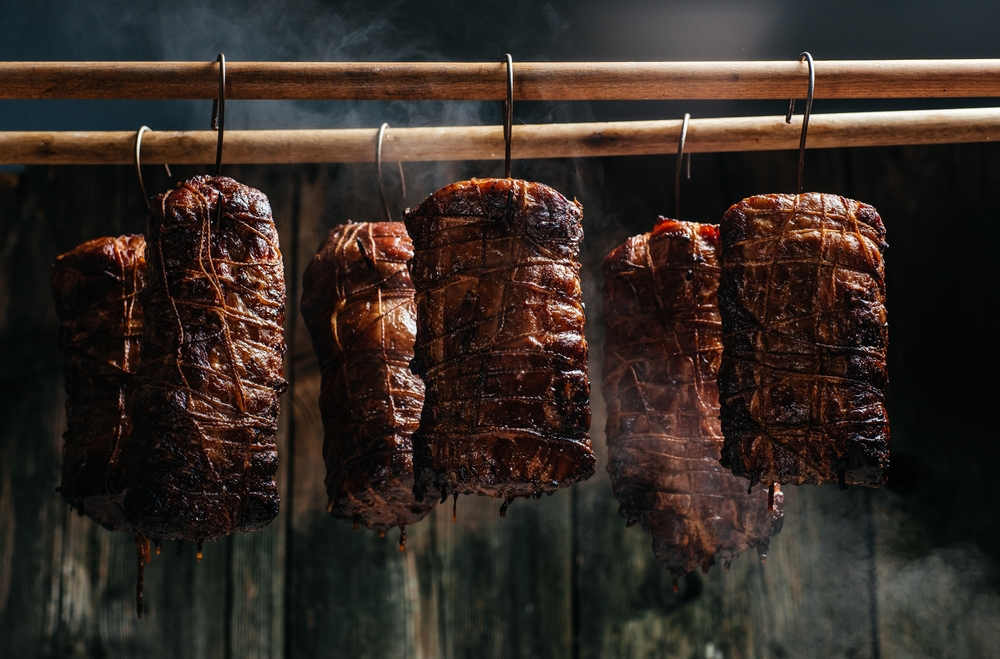

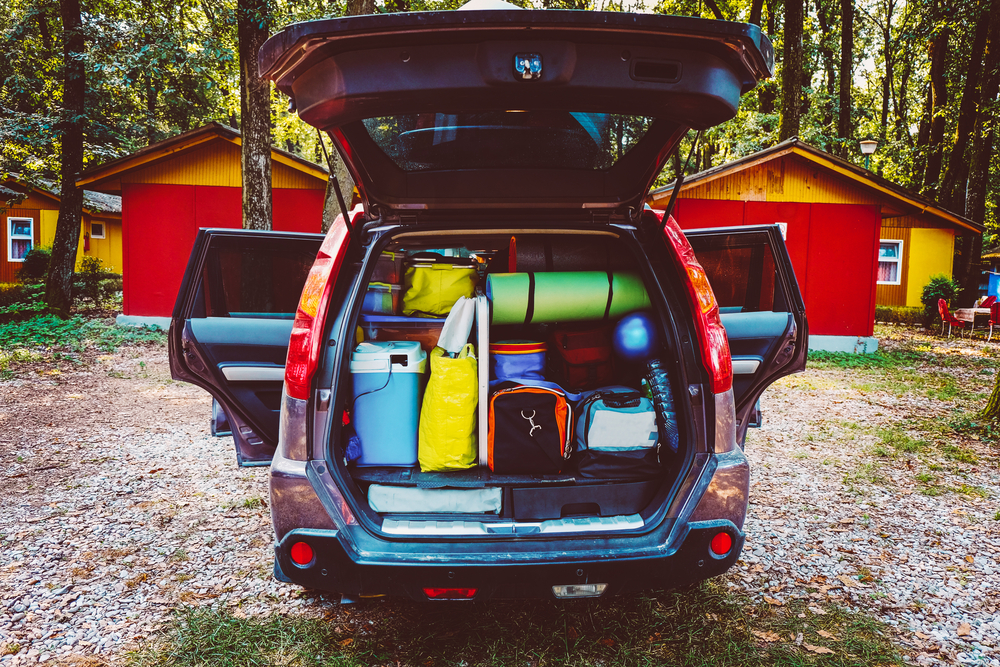
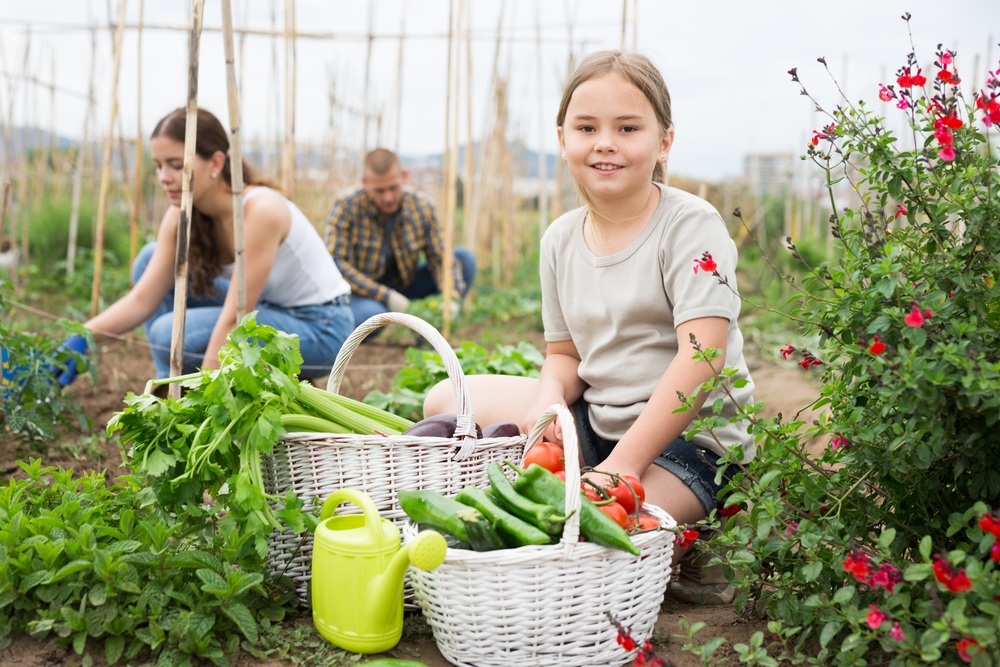

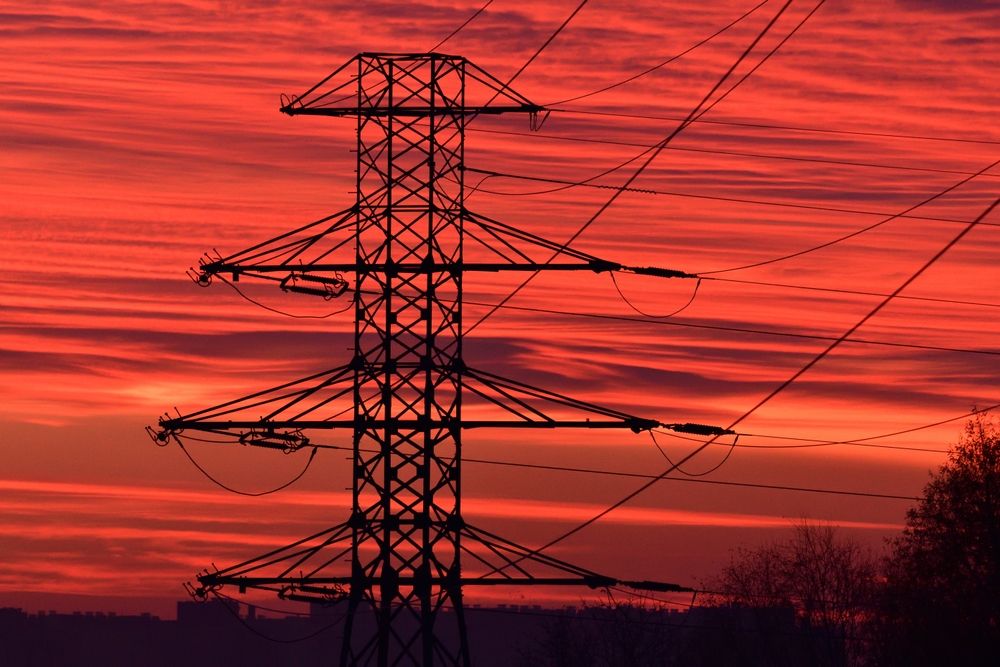


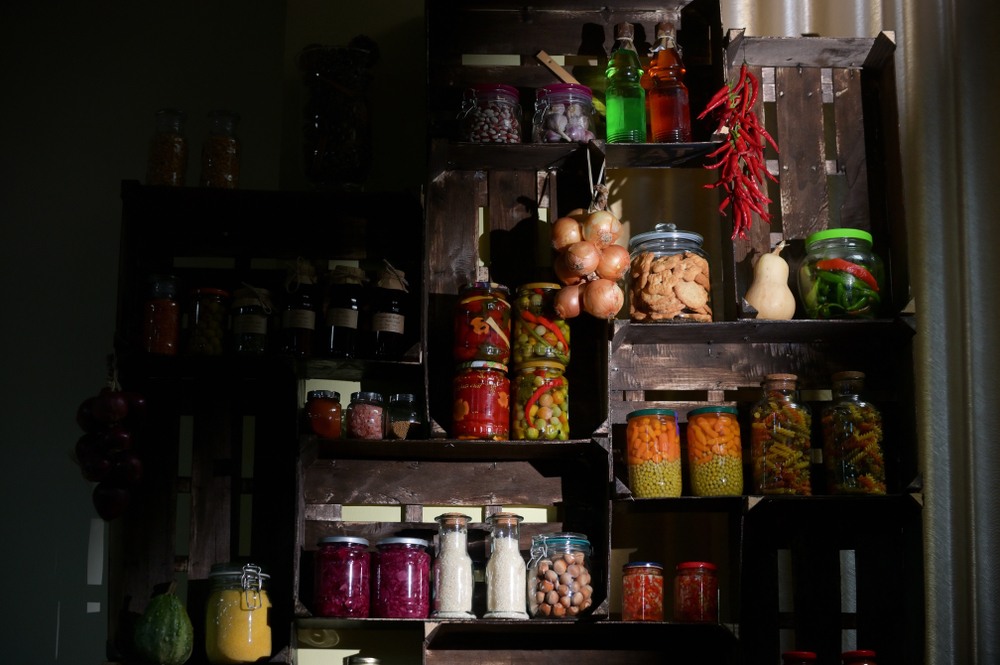










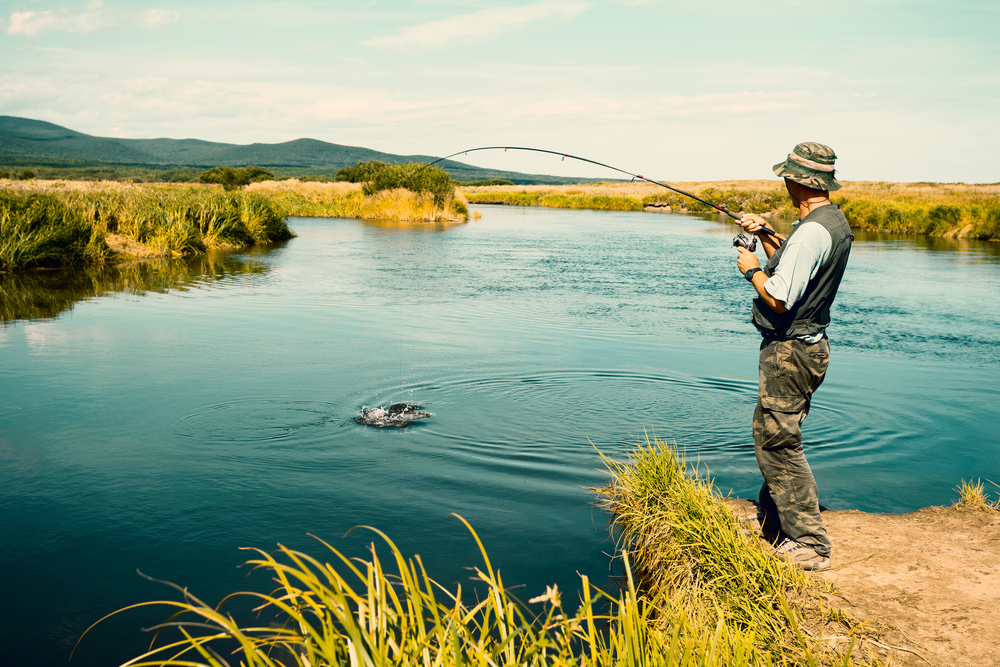


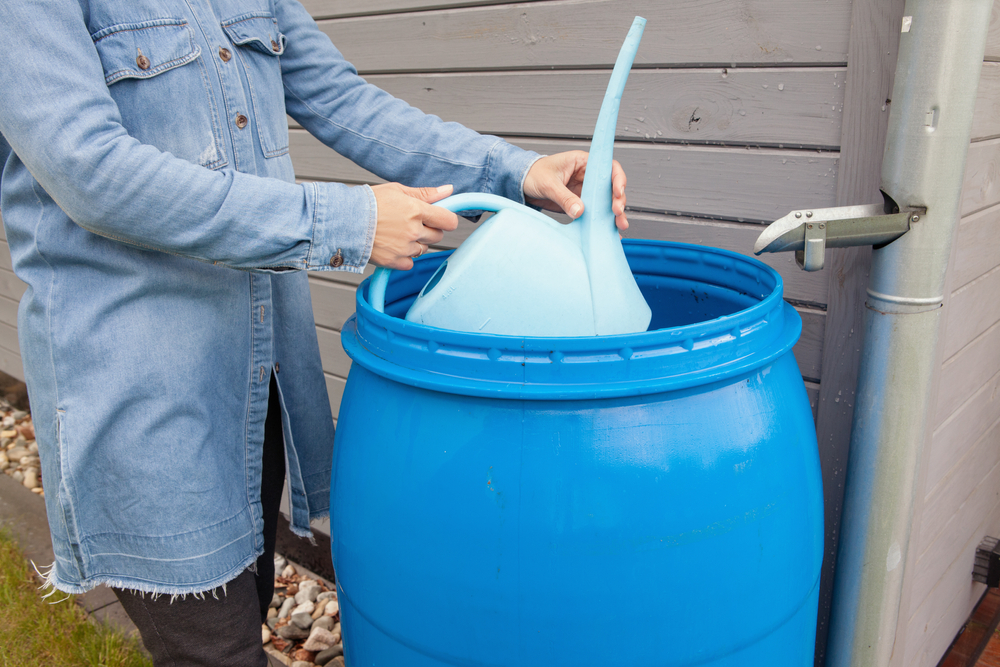
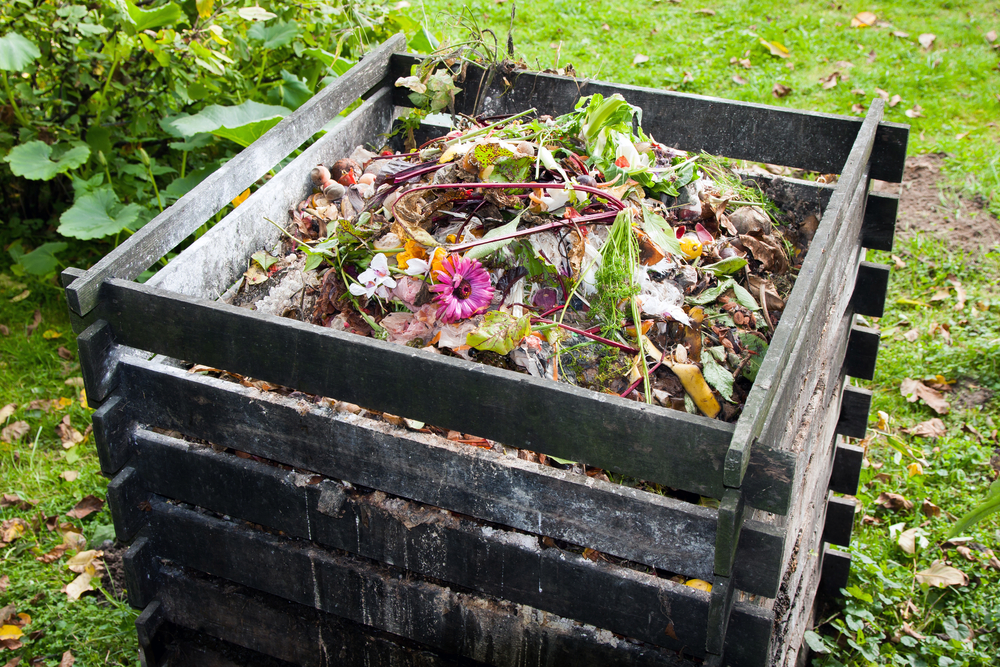
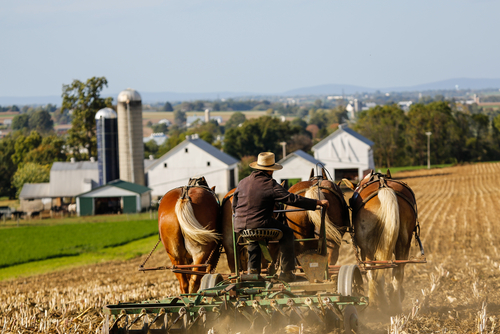
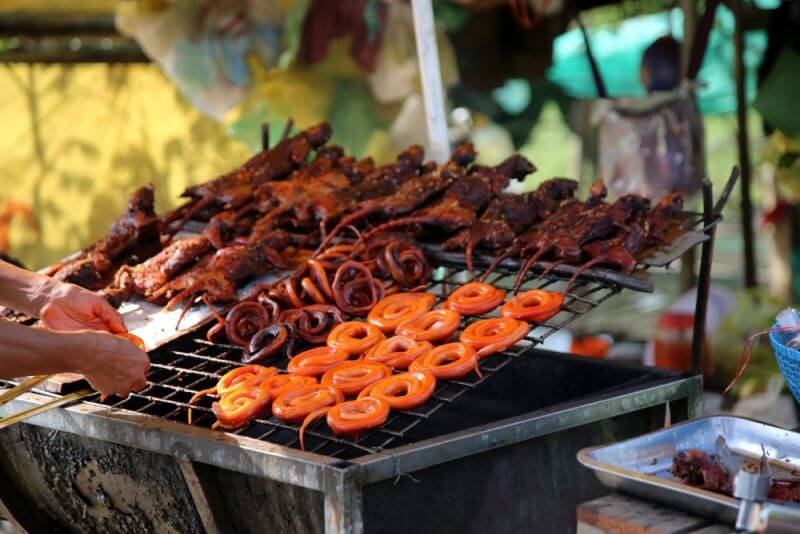

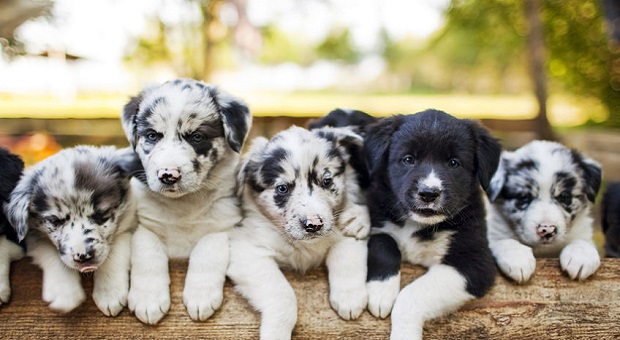





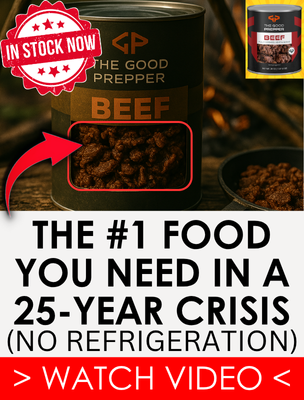
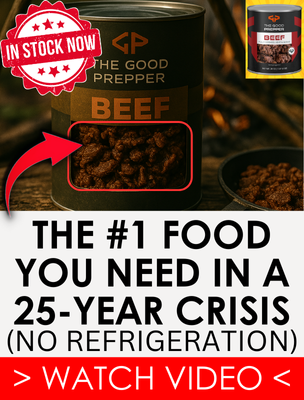








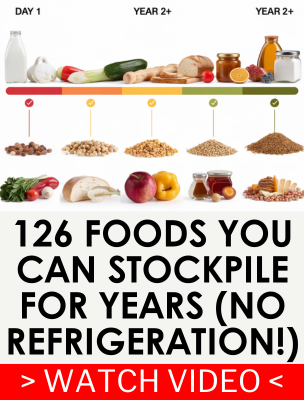
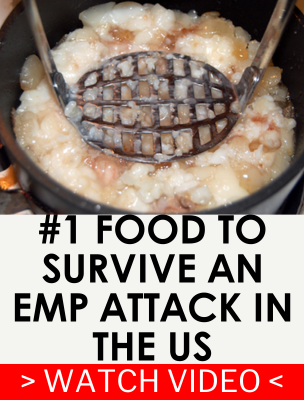
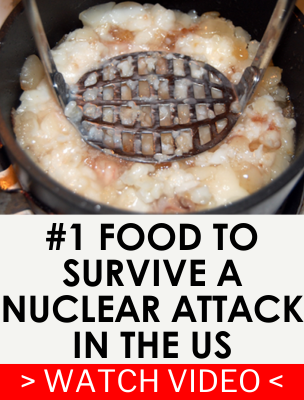






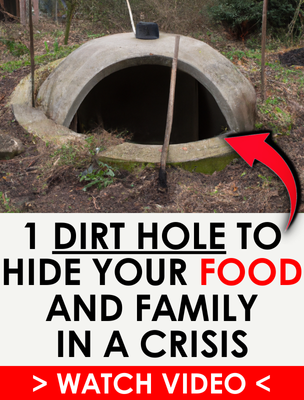
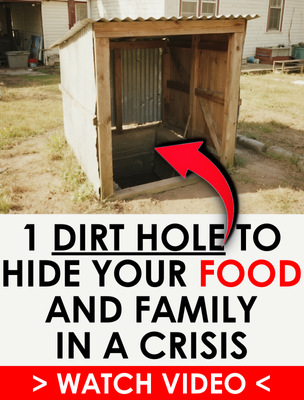


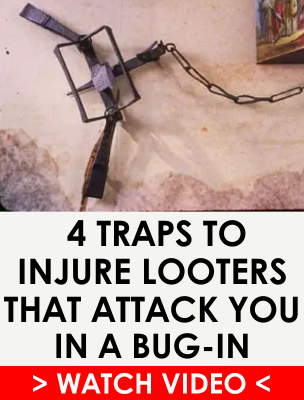
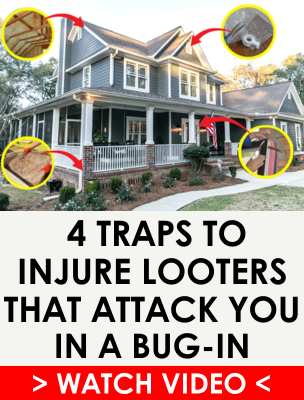







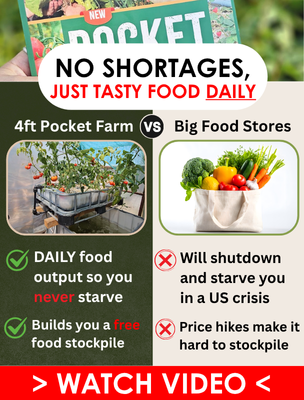


Comments 5